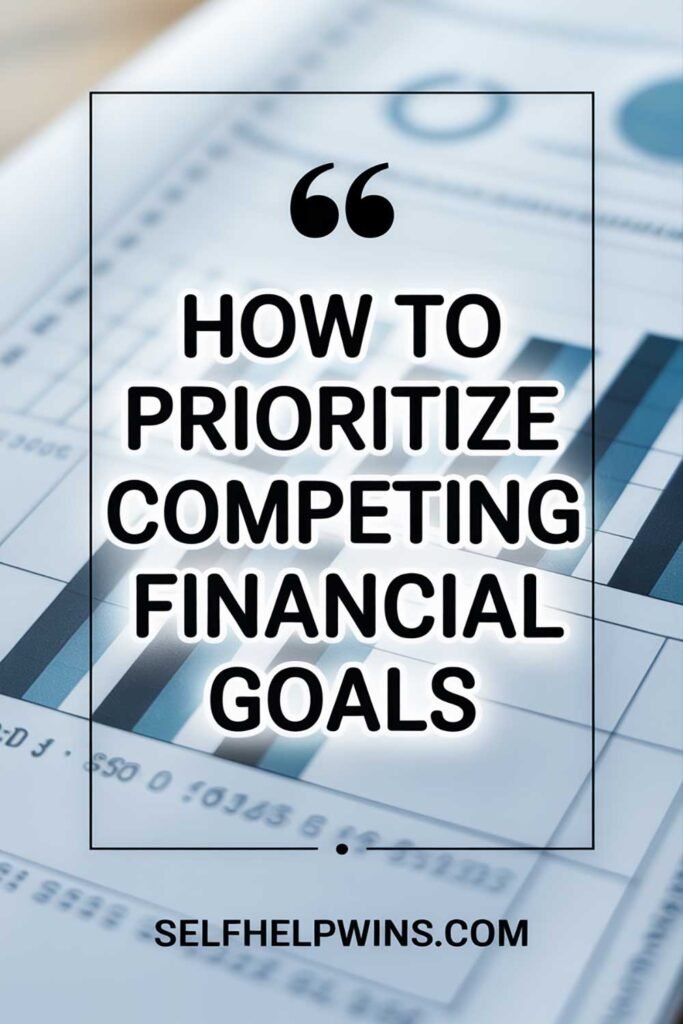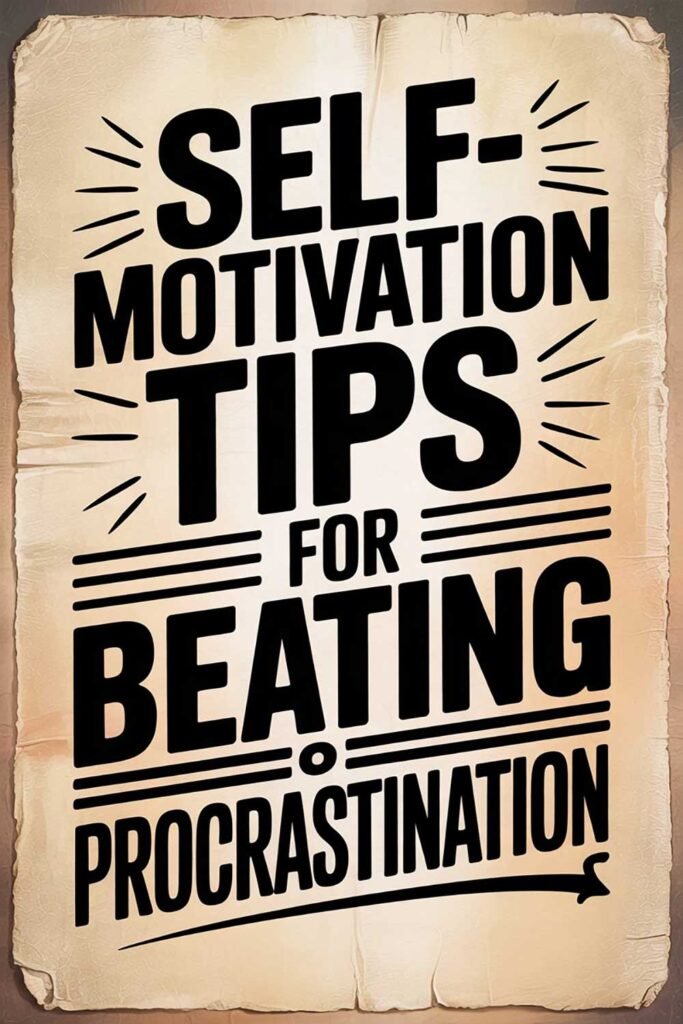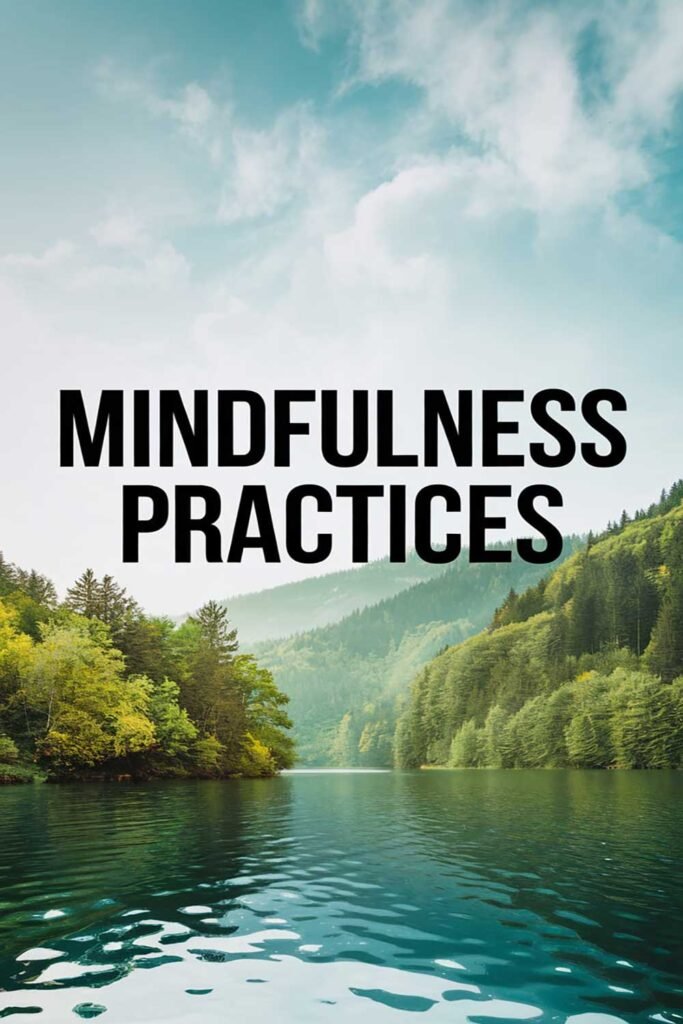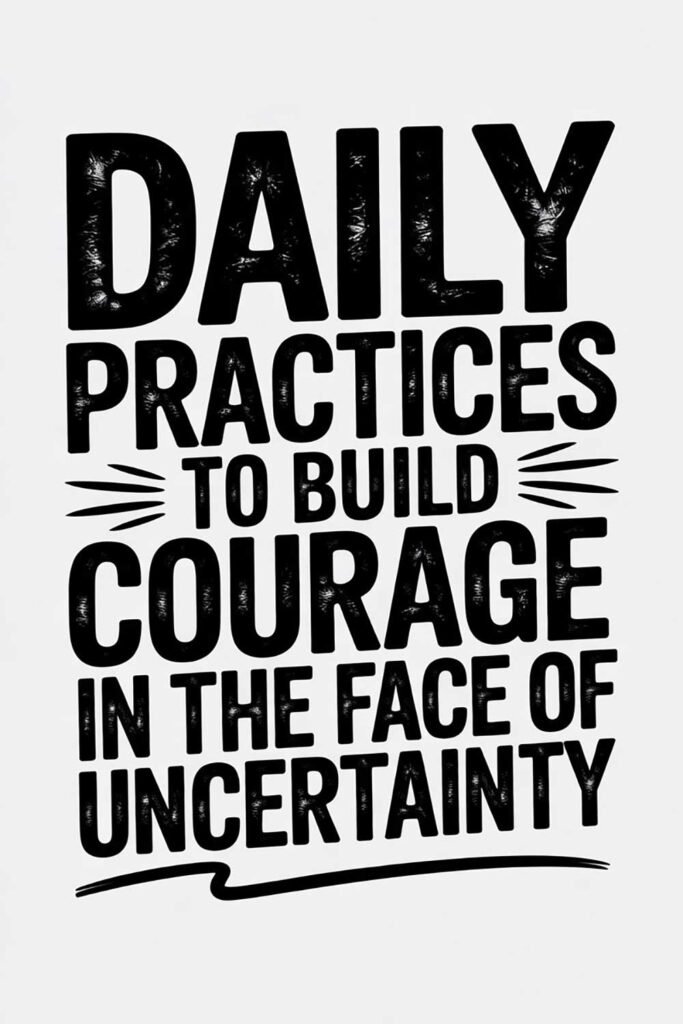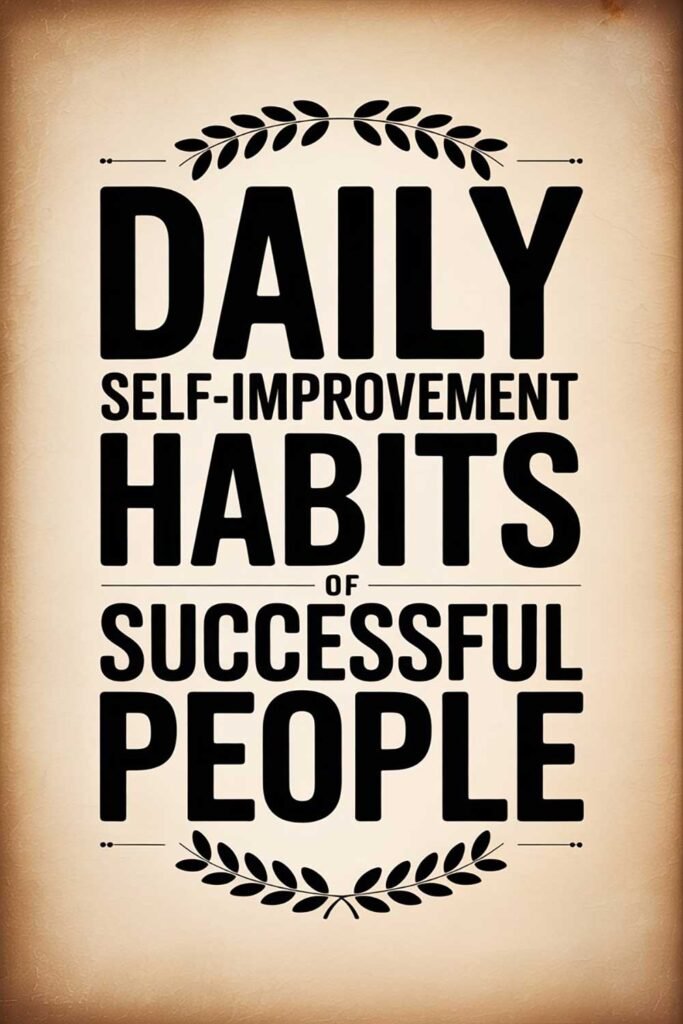How to Build a “No Spend Weekend” Routine
It’s tempting to fill your weekends with takeout, movies, shopping, or quick online purchases. But what if you flipped the script? What if, instead of spending more, you used your weekends to reset, reconnect, and recharge—without spending a dime?

Welcome to the world of the No Spend Weekend.
A no spend weekend is more than a money-saving tactic. It’s a lifestyle choice that promotes mindfulness, creativity, and intentional living. By making it part of your routine, you can save money, build better habits, and even rediscover simple joys.
Let’s break down how to build a no spend weekend routine that’s fun, doable, and deeply rewarding.
1. Define What “No Spend” Means for You
First, clarify your rules:
- No shopping online or in-store
- No eating out or ordering in
- No entertainment that costs money
- Essentials only (e.g., groceries or gas if truly needed)
Make it flexible: Some people allow pre-purchased items (like a Netflix subscription) while others go cold turkey.
Real-life example:
Lacey, a mom of two, started doing no spend weekends once a month. She allowed only gas for church and used pantry meals for food. She saved $250 in the first month.
2. Plan Ahead So You Don’t Feel Deprived
Prepare for success:
- Make a meal plan with what you already have
- Look up free activities in your area
- Tell friends/family so you avoid social spending pressure
Real-life example:
Carlos and his partner planned a picnic with homemade food instead of their usual brunch outing. They enjoyed it so much, it became their new tradition.
3. Make a List of Free or Low-Cost Activities You Enjoy
Your no spend weekend can be just as fulfilling—or more so—than a regular weekend. Try:
- Hiking or nature walks
- Library visits
- Board games or puzzles
- Movie night at home
- DIY spa day
- Decluttering a closet
- Journaling or reading
- Home projects or crafts
Real-life example:
Emma, who struggled with impulse spending, made a “no spend joy list.” She included baking, sketching, and watching documentaries. She now looks forward to her no spend weekends.
4. Create a Weekend Ritual That Replaces Shopping
Rituals anchor your weekend and give it rhythm.
- Saturday morning walk + coffee at home
- Sunday night reset (bath, gratitude list, planning)
- Midday creative hour (paint, write, garden)
Real-life example:
Jared, a remote worker, used to hit Target every Saturday. Now he does yoga, cooks something new, and reads a chapter of a book. He calls it his “Reset Saturday.”
5. Track What You Would Have Spent
Keep a notebook or notes app with “money not spent” entries.
- Skipped takeout: $30
- Skipped movie theater: $20
- Skipped online shopping: $50
Add it up weekly and monthly.
Real-life example:
Denise, who was working to pay off credit card debt, tracked every dollar she avoided spending. In three months, she redirected over $1,000 toward her debt.
6. Involve Friends and Family
Make it a group challenge:
- Invite others to do it with you
- Host potlucks with pantry meals
- Share ideas and results
Real-life example:
Thomas challenged his group chat to a no spend weekend once a month. They shared free recipes, funny photos, and savings totals. It became a fun tradition.
7. Build a “No Spend Weekend” Kit
Have items ready to make your time fun:
- Library books
- Popcorn for movie night
- Bubble bath
- Art supplies or puzzles
- Workout videos downloaded
Real-life example:
Naomi, who works in healthcare, created a no spend kit with candles, playlists, and herbal tea. Her weekends feel like mini staycations now.
8. Use the Time to Reset Other Parts of Life
Use this time to:
- Clean out your closet
- Revisit your goals
- Plan meals for the week
- Declutter and donate
Real-life example:
Victor spent his no spend weekends organizing and meal prepping. He says his weeks are now smoother, healthier, and more intentional.
9. Reflect on the Emotional Impact
Spending often fills emotional voids. Use no spend weekends to:
- Practice mindfulness
- Journal about your spending habits
- Sit with discomfort instead of numbing with shopping
Real-life example:
Sophie realized she shopped online to cope with stress. During her no spend weekends, she journaled and talked to friends instead. Her emotional health improved.
10. Celebrate Your Progress Without Spending
You’re doing something powerful. Acknowledge it!
- Celebrate each no spend weekend with a victory note
- Share your progress on social media
- Treat yourself to a self-care moment (walk, nap, praise)
Real-life example:
Henry, who was saving for a down payment, celebrated each no spend weekend with a bubble bath and a good book. It kept him motivated and grounded.
20 Quotes About Saving, Simplicity, and Intentional Living
“Do not save what is left after spending, but spend what is left after saving.” – Warren Buffett
“Too many people spend money they haven’t earned to buy things they don’t want.” – Will Rogers
“Beware of little expenses; a small leak will sink a great ship.” – Benjamin Franklin
“Simplicity is the ultimate sophistication.” – Leonardo da Vinci
“It’s not your salary that makes you rich, it’s your spending habits.” – Charles A. Jaffe
“The best things in life are free. The second best are very expensive.” – Coco Chanel
“Richness is not about what you have, but what you can live without.” – Unknown
“He who buys what he does not need steals from himself.” – Swedish Proverb
“A penny saved is a penny earned.” – Benjamin Franklin
“Minimalism is not about having less. It’s about making room for more of what matters.” – Unknown
“If you live for having it all, what you have is never enough.” – Vicki Robin
“Success is not in what you have, but who you are.” – Bo Bennett
“Don’t tell me what you value. Show me your budget, and I’ll tell you what you value.” – Joe Biden
“Frugality includes all the other virtues.” – Cicero
“Living with less is a form of self-respect.” – Unknown
“Happiness is not in money, but in contentment.” – Confucius
“Intentional living is the art of making our own choices before others’ choices make us.” – Richie Norton
“A wise person should have money in their head, but not in their heart.” – Jonathan Swift
“What you do every day matters more than what you do once in a while.” – Gretchen Rubin
“Live simply, so that others may simply live.” – Mahatma Gandhi
🧠 Picture This
It’s Friday night. Instead of ordering takeout and browsing Amazon, you light a candle, make popcorn, and pick out a favorite book. Saturday is filled with sunshine and a long walk, laughter over homemade pancakes, and reorganizing your closet. Sunday brings a family game night and plans for the week ahead. Your wallet hasn’t opened once. Yet your heart feels full. You’re not missing out—you’re tuning in to what matters.
How would your life change if you spent less and lived more?
💬 Please Share This Article
If this post inspired you to try a no spend weekend or rethink your relationship with spending, please share it with someone else who could benefit. Your small act could help someone find financial peace and mindful joy.
⚠️ Disclaimer
This article is for informational purposes only and is based on real experiences and financial education. It does not constitute financial advice. Please consult a certified financial professional for personalized guidance. All results may vary.

